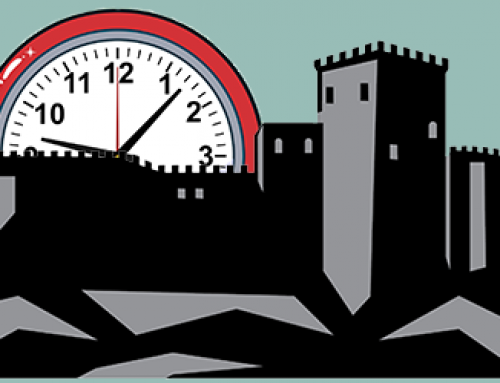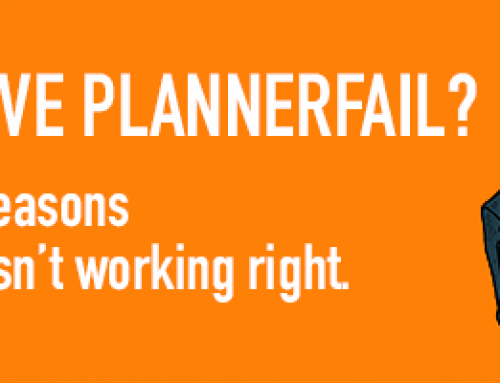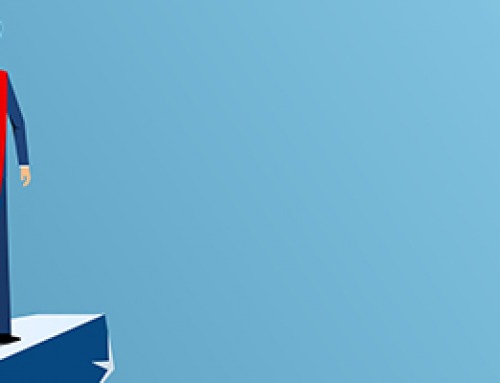A lot can happen in sixty seconds.
Every 60 seconds of every day offers a world of distractions. Are you ready for this? On Facebook more than 243,000 photos are uploaded and 70,000 hours of video content is watched. Every 60 seconds more than 3.8 million searches are done on Google. Every minute, YouTube says that more than 400 hours of videos are uploaded and around 700,000 hours of videos are watched. In just 60 seconds, 350,000 tweets are sent, 65,000 photos are uploaded on Instagram, and 210,000 Snaps are uploaded.
 It’s no wonder that the average office worker is distracted or interrupted 1.5 times every minute of the day while working in front of their computer. We can’t even work for a single minute before we focus on something else!
It’s no wonder that the average office worker is distracted or interrupted 1.5 times every minute of the day while working in front of their computer. We can’t even work for a single minute before we focus on something else!
Surprisingly, the digital world isn’t the only source of workplace distraction. Workers complain that chatty coworkers and office noise contribute 70% to 80% of workday distractions.
But after that, however, most distraction is self-inflicted.
 Among the workforce’s youngest, the number two distraction is the smartphone—with 69% admitting that checking a personal device interferes with concentration. More than a third of millennials and Gen Z (36%) say they spend two hours or more checking their smartphones during the weekday.
Among the workforce’s youngest, the number two distraction is the smartphone—with 69% admitting that checking a personal device interferes with concentration. More than a third of millennials and Gen Z (36%) say they spend two hours or more checking their smartphones during the weekday.
Let me help you do the math… that’s 10 hours out of a 40-hour workweek that they’re doing something besides focusing on work.
Making up for lost time.
Workers aren’t unaware of spending time focusing on something besides their job. In fact, most people compensate for interruptions by working faster—but this comes at a price: higher stress, more frustration, time pressure, and exhaustion. Studies show that even the briefest interruptions can double a worker’s error rate.
You can’t do big things if you’re distracted by small things.
What can we do to prevent this from becoming the new productivity normal?
 First, it’s vital to become aware of how you react to distractions. Over the next week, become sensitive to what is distracting you and how you respond. This week, track your distractions and responses, and then we can add proactive measures to help you fight back. After all, a distraction isn’t a distraction unless you pay attention to it.
First, it’s vital to become aware of how you react to distractions. Over the next week, become sensitive to what is distracting you and how you respond. This week, track your distractions and responses, and then we can add proactive measures to help you fight back. After all, a distraction isn’t a distraction unless you pay attention to it.
Identify the distractions that have the greatest impact on you. These are the ones for which you have true compulsions. Maybe it’s Facebook. Maybe it’s your phone. Maybe it’s Netflix. Whatever they are, write them down on a piece of paper (seriously, we’re going old school here).
Next, rate your level of compulsion from 1 to 5 as it relates to each distraction. “1” means you can easily ignore the distraction. “5” means you drop everything to chase it.
Now, it’s important to admit that you have power over how you respond to your distractions. This ability is within your circle of influence. You can exercise self-control.
It’s important to become aware of what triggers your response. For example, do you reach for your phone whenever you’re bored or stressed? Then, get into the habit of resisting whatever compels you to pursue these distractions.
When a person can’t find a deep sense of meaning, they distract themselves with pleasure.
Victor Frankl
I’m not going to sugarcoat this. This is hard work. It takes time and can be frustrating.
But there’s a wonderful upside. When you’re aware of how and why you respond to certain distractions, you’ll develop greater control over them. You’ll be able to choose when, where, and how you’ll allow them to affect you.
When that happens, you’ll find that it becomes much easier to resist distractions and focus when you need to.






